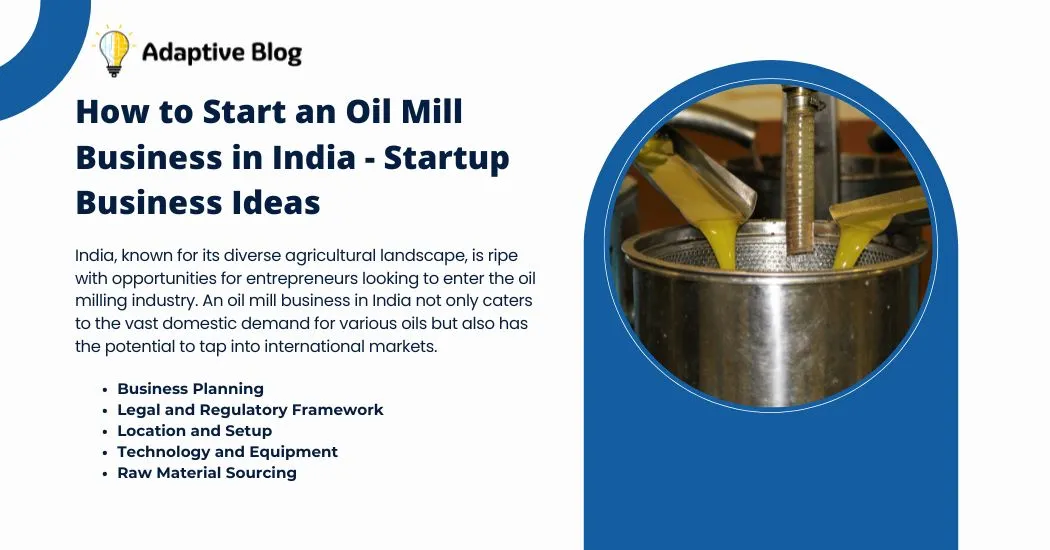Post Office Fixed Deposits: Benefits You Should Know
Post office fixed deposits are almost identical to bank fixed deposits, except they can only be made for one, two, three, and five years. A deposit made for 5 years is eligible for the tax benefit under Section 80C. People usually consider Post Office FDs in these volatile times as Post Office FDs offer optimum security since the entire amount in a Post Office FD is backed by a government guarantee.
While Bank FDs offer flexibility and higher returns on investments, Post Office FDs provide complete safety since a government guarantee backs its entire amount. However, it is even more expensive than bank FDs in most cases. In addition, PO time deposits do not offer monthly, half-yearly, or quarterly payouts on FD rates in India , so they are unsuitable for those who require regular income.
Investing in a bank FD is the best way for an investor to get monthly, half-yearly, or quarterly payouts. However, investors must first ensure their asset allocation is correct before investing in a bank FD. In this case, we would need to determine the investments’ risk profile and duration. A Post office fixed deposit is worth considering as part of a fixed income or debt portfolio.
Is NSC or FD better for the post office in the long run?
NSC has an advantage over Term Deposits or Fixed Deposits based on current FD rates in India. However, you need to note that both products have advantages and disadvantages. Before making a decision, read the following. In NSC schemes, there is a lock-in period of five or ten years, and you can’t make any premature withdrawals. On the other hand, FDs have varying lock-in periods that the customer determines, and premature withdrawals are subject to a fee.
Tax-free returns earned from NSCs are exempt from tax under 80C. As a result, the actual returns are even higher than estimated. Because of this, NSCs are a good choice if you do not mind keeping the money for a long time. In contrast, FDs have taxable returns. With tax-saving schemes, you can level tax returns on NSCs and avail liquidity by opting for fixed deposits.
The following are some advantages of investing in post office FDs.
According to Financial Analysts, Post Office fixed deposits are a better investment than bank fixed deposits. Moreover, considering that post office investments are included in the government’s small savings schemes, analysts feel they have a high probability of succeeding since the government backs them. The rate of post office FD rates on post office deposits is currently higher than that on bank deposits, despite the lack of liquidity and lock-in periods.
Even though bank fixed income provides higher returns, the failure of banks in recent years has made us realize that you can obtain higher returns by investing in government-backed schemes. A post office deposit offers you a high return on your investment while being one of the safest forms of deposit. A sovereign guarantee is associated with it, which means the Government of India endorses it. There are also some tax-saving schemes under this category.
- FDs issued by post offices are considered safe investments because the government backs them.
- In comparison with many private banks, post office FDs offer higher returns.
- You can still keep your hard-earned money in the post office if banks fail or there is a financial crisis.
- Savings and deposits at the post office usually have higher FD rates in India than those at banks
- There is also a lower level of risk associated with these. Due to the fact that post offices are government enterprises, this is understandable. It is a sovereign scheme backed by the Central Government of India.
- Tax-saving benefits are permitted under the Income Tax Act section 80C. Through some of these schemes, such as NSC, SCSS, etc.
- The government conducts a review and fix of FD rates in India on these schemes every quarter.
- Compound post office FD rates are subject to tax and are compounded quarterly. However, following Section 80C of the Income Tax Act of 1961, five-year term deposits qualify for tax benefits.
- There are good programs for senior citizens offered by the post office.
- Schemes run by post offices are safer than those run by weak banks.
- Compared to banks, withdrawals take longer, and it lacks operational channels like cards, net banking, and apps that banks provide.






